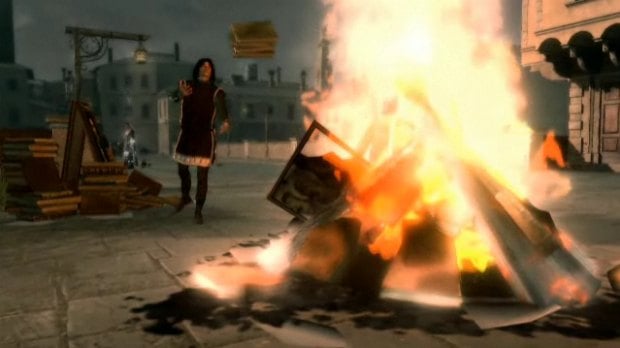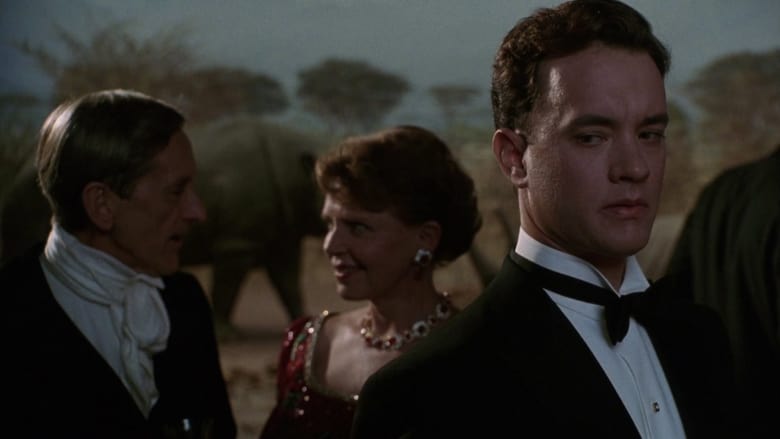

Its 1998 follow-up, A Man in Full, was another best-seller and a National Book Award nominee. His literary honors included the American Book Award (now called the National Book Award) for The Right Stuff and a nomination for the National Book Critics Circle prize for Bonfire of the Vanities, one of the top 10 selling books of the 1980s. Wolfe enjoyed the highest commercial and critical rewards. They had two children, Alexandra and Tommy.

In 1978, Wolfe married Sheila Berger, art director of Harper’s Magazine. “My contention is that status is on everybody’s mind all of the time, whether they’re conscious of it or not,” Wolfe, who lived in a 12-room apartment on Manhattan’s Upper East Side, told the AP in 2012. And he acknowledged that he cared - very much - about his reputation. Wolfe himself dressed for company - his trademark a pale three-piece suit, impossibly high shirt collar, two-tone shoes and a silk tie. Whether sending up the New York art world or hanging out with acid heads, Wolfe inevitably presented man as a status-seeking animal, concerned above all about the opinion of one’s peers. Wolfe’s interests were vast, but his narratives had a common theme. “As the saying goes, ‘You can’t make this stuff up.'” “Nothing fuels the imagination more than real facts do,” Wolfe told the AP in 1999.

His work broke countless rules but was grounded in old-school journalism, in an obsessive attention to detail that began with his first reporting job and endured for decades. He was astonished that no author of his generation had written a sweeping, 19th century style novel about contemporary New York City, and ended up writing one himself, The Bonfire of the Vanities. “So the doors close and the walls go up!” he wrote in his 1989 literary manifesto, Stalking the Billion-Footed Beast. Wolfe scorned the reluctance of American writers to confront social issues and warned that self-absorption and master’s programs would kill the novel. He didn’t just help me to become a writer. “Not just a great writer but a great soul. “What I hope people know about him is that he was a sweet and generous man,” Lewis, known for such books as Moneyballand The Big Short, told the AP in an email Tuesday. When attending promotional luncheons with fellow authors, he would make a point of reading their latest work.

Wolfe was both a literary upstart, sneering at the perceived stuffiness of the publishing establishment, and an old-school gentleman who went to the best schools and encouraged Michael Lewis and other younger writers. An ingenious phrase maker, he helped brand such expressions as “radical chic” for rich liberals’ fascination with revolutionaries and the “Me” generation, defining the self-absorbed baby boomers of the 1970s. His hyperbolic, stylized writing work was a gleeful fusillade of exclamation points, italics and improbable words. Jim Brown, NFL Legend Turned Hollywood Action Hero, Dies at 87


 0 kommentar(er)
0 kommentar(er)
